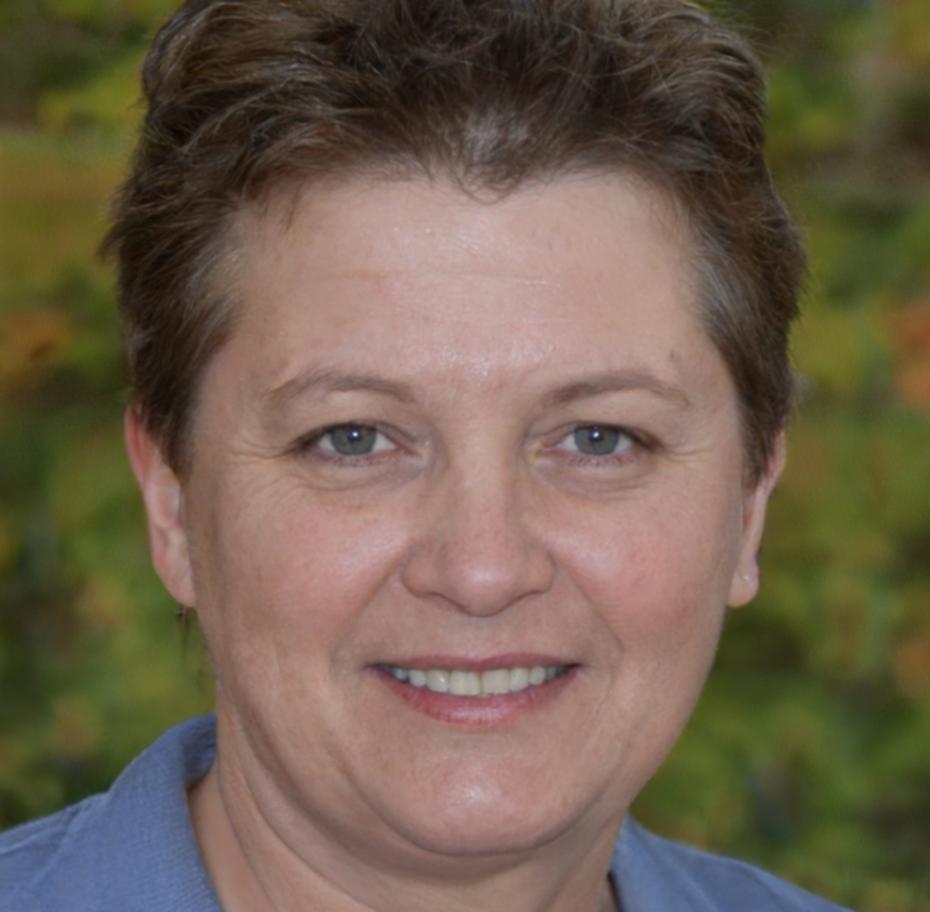What You Actually Need Before Starting
Most people jump into financial planning thinking they need advanced spreadsheets or complicated software right away. That's not really how it works. What you need first is clarity about where you're starting from and why you want to change things.
We've worked with hundreds of Australians who thought they needed to have everything figured out before they could start. Truth is, the preparation phase matters more than having perfect circumstances.
Five Things That Actually Matter
Honest Assessment
You need to know your actual numbers. Not the ones you think you have, but the real ones. Your spending, your income, your debts. Most people skip this part because it's uncomfortable, but you can't plan around numbers you're guessing at.
Time Commitment
Financial planning takes consistent attention. Not hours every day, but regular check-ins. If you're thinking this is something you'll do once and forget about, it won't work. Plan for about 3-4 hours weekly when you're getting started.
Willingness to Question
You might discover that some of your assumptions about money are holding you back. Being open to different perspectives helps more than any tool or technique. Some of our clients found their biggest breakthroughs came from challenging what they "knew" about finances.
Basic Documentation
Bank statements from the last three months, any loan agreements, super account details, and your tax return. Having these ready means we can get to work quickly rather than spending weeks gathering information.
Clear Starting Goals
You don't need a perfect ten-year plan, but you should know what you want to improve first. Is it reducing debt? Building savings? Understanding where money goes? Pick one or two priorities to start with rather than trying to fix everything at once.
What to Have Ready
Financial Snapshot
Recent statements from all your accounts. We need to see where money comes in and where it goes out. Digital or paper doesn't matter, but they should cover at least the past eight weeks.
Time Blocked Out
Initial planning sessions run about 90 minutes. You'll want to be somewhere you can focus without interruptions. We cover a lot of ground quickly, and distractions mean we have to backtrack.
Questions Written Down
People always think they'll remember what they wanted to ask, then the session ends and they remember three important questions on the drive home. Bring a list. No question is too basic or obvious.
Partner Involvement
If you share finances with someone, they need to be part of this process from the start. We've seen too many plans fall apart because one person made decisions while the other person wasn't on board.

What People Wish They'd Known

Finnegan Lockhart
Started Planning March 2025
"I spent months researching the 'perfect' budget system before starting. Turns out the system doesn't matter nearly as much as actually using one consistently. I wish I'd just started with something simple instead of waiting for perfection."

Niamh Gallagher
Began Process January 2025
"The hardest part was admitting I needed help. I kept thinking I should be able to figure this out myself. Looking back, the six months I spent avoiding it were six months where nothing improved. Starting earlier would have saved me significant stress."

Briony Ashford
Started Sessions February 2025
"I thought I needed to have six months of expenses saved before I could start planning. That's backwards. The planning helped me figure out how to build those savings in the first place. Don't wait for ideal circumstances that might never come."
Ready to Get Started?
If you've got your documents together and a few hours available in the coming weeks, you're prepared enough to begin. We're scheduling initial consultations for late April and May 2025 right now.
